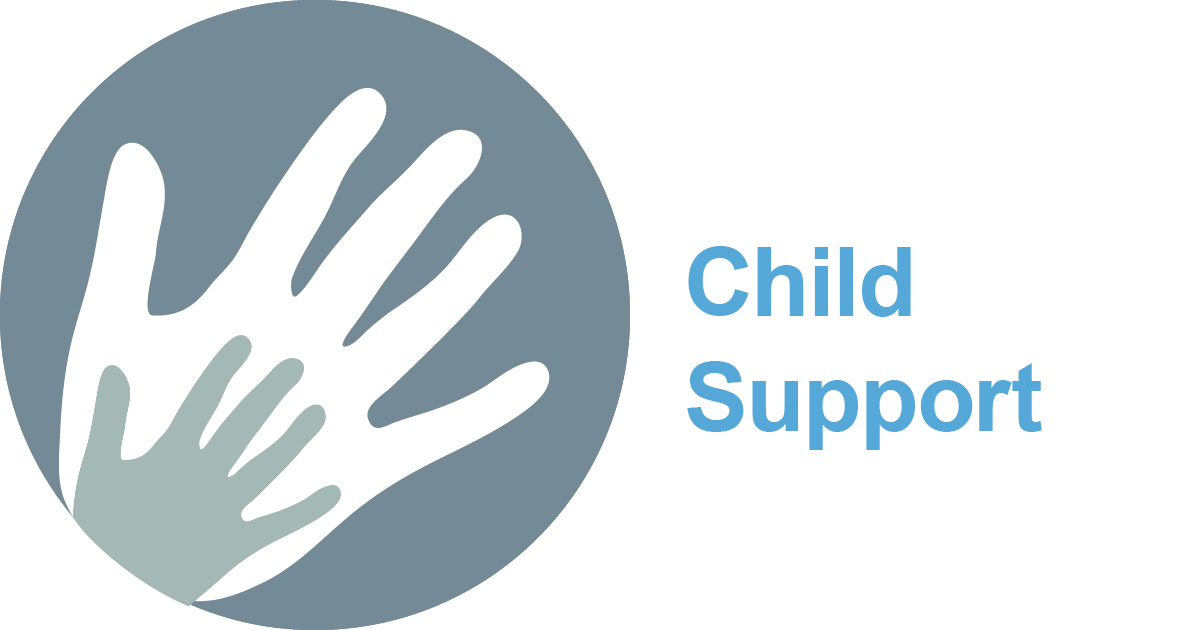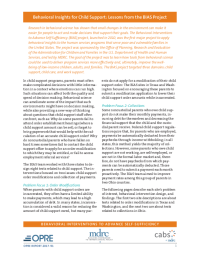Behavioral Insights for Child Support
Lessons from the BIAS Project

Research in behavioral economics has shown that small changes in the environment can make it easier for people to act and make decisions that support their goals. The Behavioral Interventions to Advance Self-Sufficiency (BIAS) project, launched in 2010, was the first major project to apply behavioral insights to the human services programs that serve poor and vulnerable families in the United States. The goal of the project — sponsored by the Office of Planning, Research and Evaluation of the Administration for Children and Families in the U.S. Department of Health and Human Services, and led by MDRC — was to learn how tools from behavioral science could be used to deliver program services more effectively and, ultimately, improve the well-being of low-income children, adults, and families. The BIAS project targeted three domains: child support, child care, and work support.
In child support programs, parents must often make complicated decisions with little information in a context where emotions can run high. Such situations can affect both the quality and speed of decision making. Behavioral science can ameliorate some of the impact that such environments might have on decision making, while also providing a new way of thinking about questions that child support staff often confront, such as: Why do some parents fail to attend order establishment hearings (where a child support amount can be set), or forget to bring paperwork that would help with the calculation of an accurate child support order? Why do noncustodial parents who have fallen on hard times sometimes fail to contact the child support office to apply for an order modification to which they may be entitled, or fail to access employment referral services?
The BIAS team worked with three states to design eight tests related to child support. The interventions focused on two issues: child support order modifications and collection of payments.
Problem Focus 1: Order Modifications
When parents with child support orders are incarcerated, they often have a limited ability to make payments, which may lead to a high accumulation of debt. In many states, incarceration is considered a valid reason for reducing the amount of child support owed, but many parents do not apply for a modification of their child support order. The BIAS sites in Texas and Washington focused on encouraging these parents to submit a modification application to lower their child support order amounts while incarcerated.
Problem Focus 2: Collections
Some noncustodial parents who owe child support do not make their monthly payments, incurring debt for themselves and decreasing the financial support that the child and the custodial parent receive. Federal child support regulations require that, for parents who are employed, payments be automatically deducted from their paychecks through income withholding; in all states, this method yields the majority of collections. However, some parents who owe child support are not working, are self-employed, or are not in the formal labor market and, therefore, do not have paychecks from which payments can be automatically deducted. Those parents need to submit a payment each month proactively. The BIAS team aimed to improve payment rates among this group of parents in two Ohio counties.






